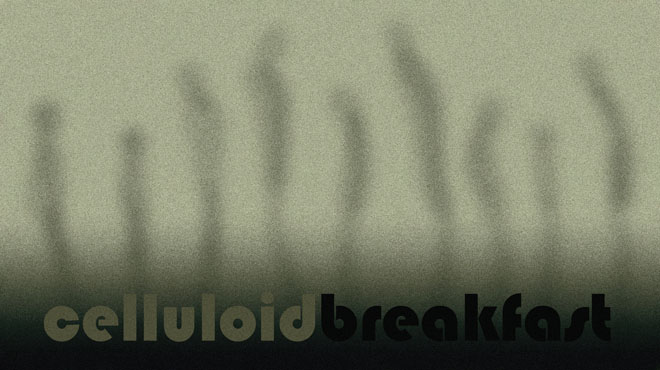Director Dušan Hanák began his career as a documentarian, but won considerable acclaim with this, his debut. Hanák is clearly a philanthropist, and yet his characters seem so flatly tolerant of life’s volatility. Lauko himself is a weak protagonist, but his observations of other people form the film’s very narrative. In the original short story from which the film was adapted, Lauko was apolitical, but Hanák was adamant that he was a former communist, contextualising the feature and giving the character’s self-deprecation some depth. In this way, 322 is perhaps not as timeless as some of its contemporaries, but still stands out as yet another great flagship of the Czechoslovak New Wave, a movement still palpable in European cinema today.






No comments:
Post a Comment